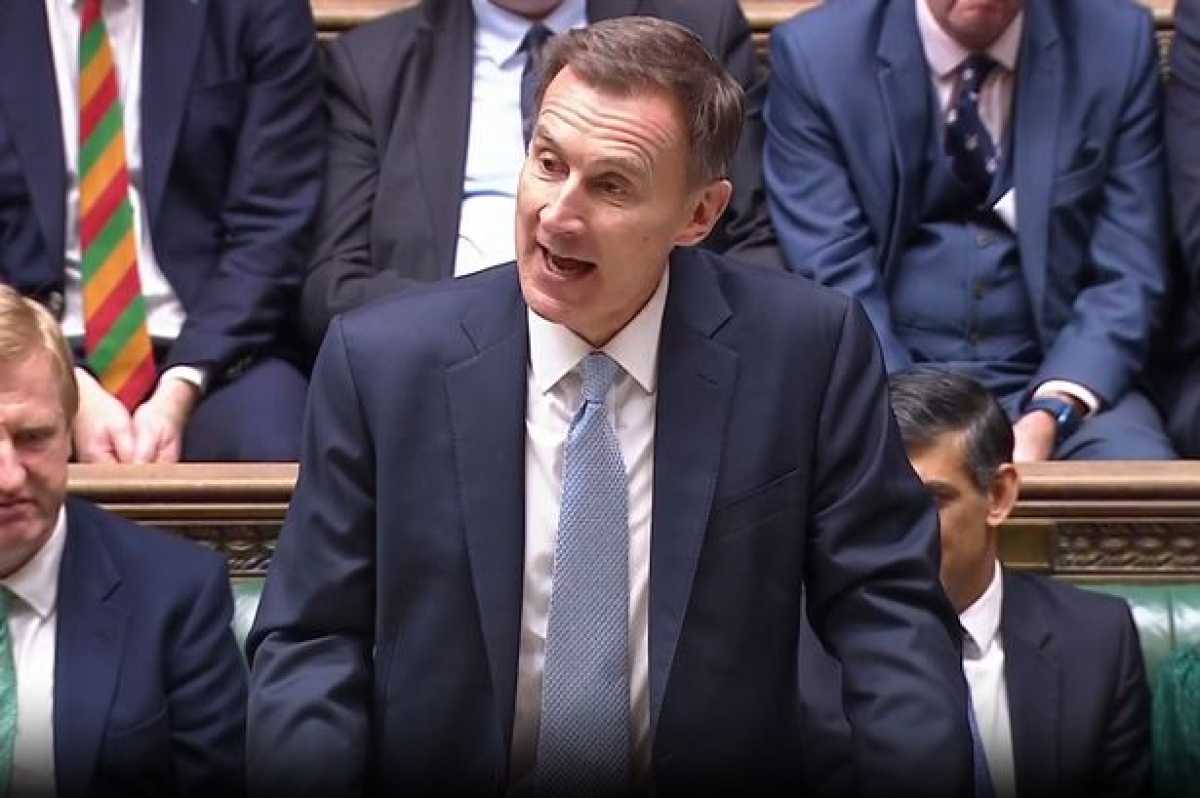Politics
Chancellor Jeremy Hunt Vows to Pay Higher Capital Gains Tax on Properties Amid Controversy

Chancellor Jeremy Hunt has stirred controversy by promising to voluntarily pay a higher rate of capital gains tax on his properties following a tax policy he implemented. Hunt, who declined to disclose the exact number of houses he owns, stated that he would ensure he does not benefit from the tax cut introduced.
During an appearance on ITV’s Peston programme, Hunt deflected questions about the specifics of his property ownership, asserting, ‘These are personal questions.’ This decision comes after Hunt faced criticism for a jibe at Labour’s deputy leader, Angela Rayner, over the sale of her former council home.
Hunt’s budget announcement included a reduction in the capital gains tax rate for higher-rate taxpayers selling second homes from 28% to 24%. Despite this change potentially benefiting him, Hunt declared that he would pay tax at the previous 28% rate on any profits from property sales.
While Hunt teased Rayner about her property affairs in the Commons, he justified his privacy regarding the number of houses by stating, ‘We declare all these things.’ Reports from the ministerial register of interests reveal that Hunt and his wife are linked to Mare Pond Properties Limited, owning seven apartments in Southampton.
Additionally, Hunt has investments in a holiday home in Italy and a London office building, as per his declarations. Notably, a portion of his earnings from the ‘residential investment property’ is directed towards charitable causes, as outlined in his ministerial register.
Recent revelations also highlighted a conflict of interest avoidance measure within Downing Street, where it was disclosed that Prime Minister Rishi Sunak has been excluded from discussions on the abolition of the non-dom tax status. This move came after Sunak’s wife, Akshata Murty, who holds shares in Infosys, opted to pay UK taxes voluntarily on all her global income despite being a non-domiciled UK resident.












